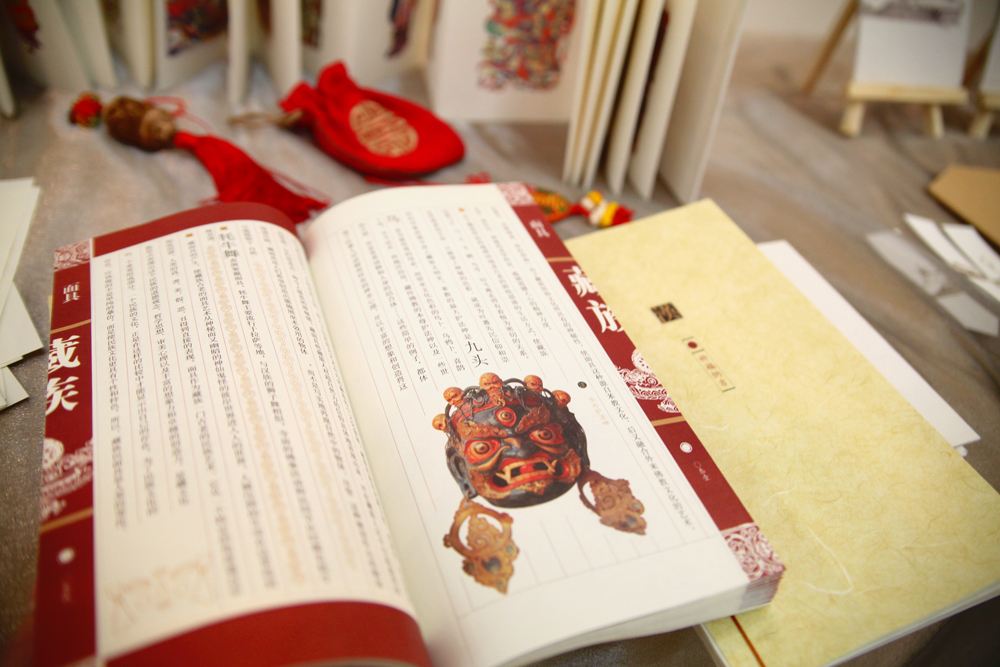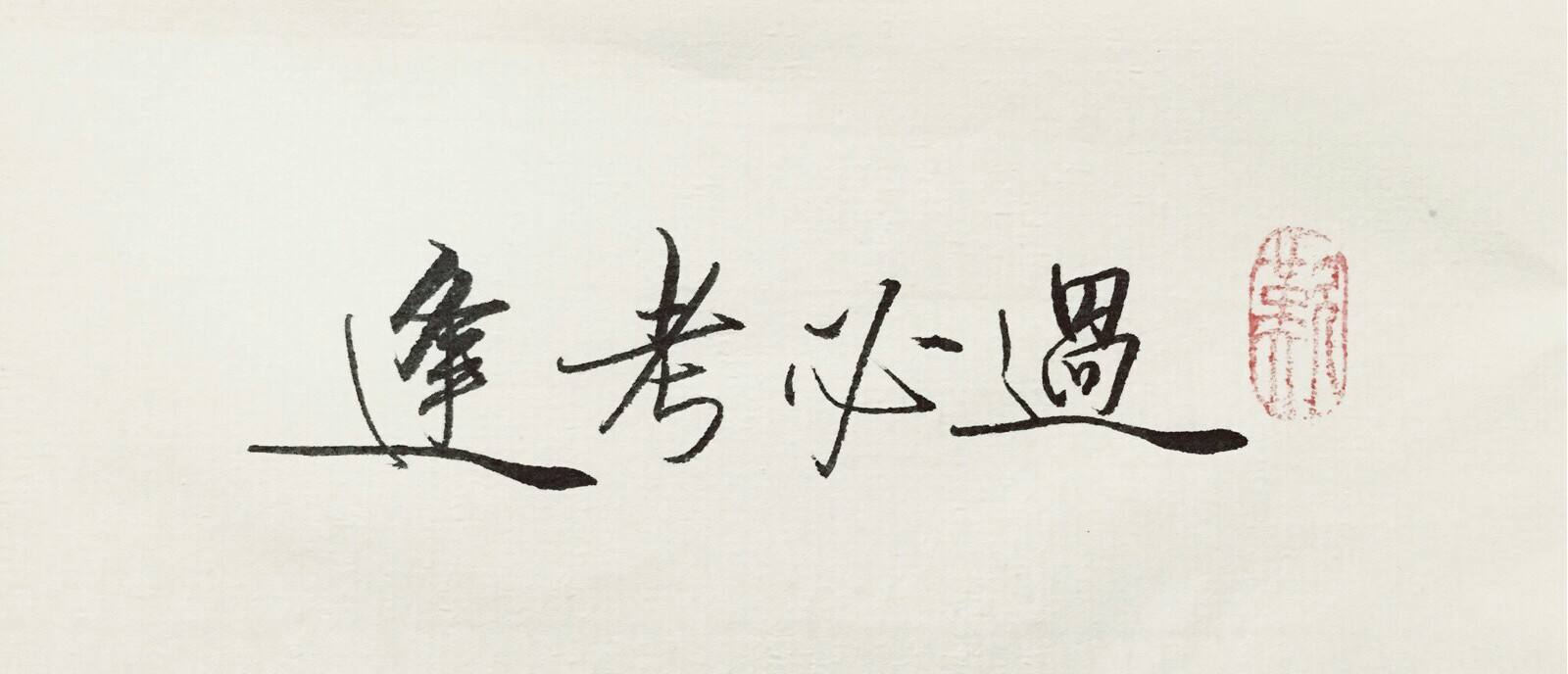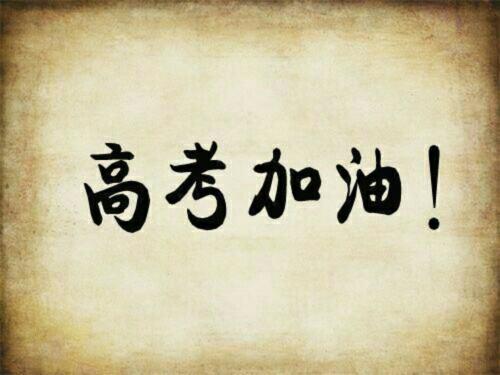高考:“英语冠词”怎么用?“一文让你”全吃透!含语法知识点! |
您所在的位置:网站首页 › 英语专有名词的用法 › 高考:“英语冠词”怎么用?“一文让你”全吃透!含语法知识点! |
高考:“英语冠词”怎么用?“一文让你”全吃透!含语法知识点!
|
There are two books on this subject, but I am not sure which is the better. The sooner, the better 4. 用于序数词前表示第…;表示年代的基数词前 the second story in the 1990s
5.用于某些形容词或过去分词前,指一类人 the injured the poor 用在某些形容词、动名词、过去分词前,表示同一类人、物或某种抽象概念。作主语时,谓语动词一般用复数, The learned are most modest. 有学问的人总是很谦逊。 “the+形容词”用法小结 1). the + 形容词——表示某一类型的人 He set up a school for the deaf and the dumb. 他创建了一所聋哑学校。 He stole from the rich to give to the poor. 他偷富人的东西去接济穷人。 Those of us who are sighted don’t understand the problems of the blind. 我们这些有视力的人不理解盲人的困难。 这类结构常见的有: the rich 富人 the poor 穷人 the blind 盲人the sick 病人 the old 老人 the young 年轻人the dumb 哑巴 the deaf 聋子 the dead 死者 the weak 弱者 the strong 强者 the wealthy 富人the jobless 失业者 2. the + 分词形容词——表示某一类型的人 Times are hard for the unemployed. 失业者的日子很难熬。 Many of the wounded died on their way to hospital. 许多伤员死在去医院的途中了。 这类结构常见的有: the wounded 伤员 the injured 伤员the killed 被杀者 the employed 被雇用者 the unemployed 失业者 the accused 被告the learned 有学问的人 the aged 老年人 the missing 失踪的人 the living 活着的人
3. the + 国籍形容词——表示全体国民 The Chinese are a friendly people. 中华民族是一个友善的民族。 The French are famous for their cooking. 法国人以善烹调著称。 The British are very proud of their sense of humor. 英国人为自己的幽默感到自豪。 这类结构常见的有: the British 英国人 the English 英国人 the French 法国人 the Chinese 中国人 the Japanese 日本人 4. the + 形容词——表示抽象概念 但在表示某种抽象概念或事物做主语时,谓语动词用单数。 One must learn to take the bad with the good. 人必须学会好坏都能承受。 He wants to make the impossible possible. 他想把不可能的事成为可能。 The unknown is yet to come. 天有不测风云。 这类结构常见的有: the true 真 the good 善 the beautiful 美 the right 是 the wrong 非 the false 伪 the impossible 不可能做到的事 the unknown 未知的事物 6. 用于姓氏的复数前,指全家人,夫妇等 the Browns 7. 用于演奏的乐器名称前 play the piano She is learning to play the violin.她在学拉小提琴。 注意 用汉语拼音表示的乐器前不用冠词。 play erhu 拉二胡 play pipa 弹琵琶
8. 含有定冠词的常用短语 by the way in the morning in the end on the contrary on the right in the beginning make the most of 充分利用 in the day time 在白天in the way 挡道on the spot 当场just all the same 仍然,还是,完全一样in the end 最后on the whole 总的看来,总而言之in the habit of 有……的习惯not in the least 一点也不in the distance 在远方 9.用于表示朝代的名词前。 the Tang Dynasty 唐朝 the Spring and Autumn Period 春秋时期 10.专有名词前冠词的用法 ①用在表示江河、山脉、湖泊、海洋、群岛、海峡、海湾、运河、某些建筑、组织机构、报纸、杂志、书籍、会议、条约前。 the Atlantic 大西洋 the Thames 泰晤士河 the Sahara 撒哈拉大沙漠 the Warsaw Treaty 华沙条约 the Taiwan Strait 台湾海峡 the Sentate 参议院(美国) the House of Representatives 众议院(美国) ②以Day构成的节日前不用the,但以Festival构成的节日前常用the。 National Day 国庆节 Earth Day 地球日 the Spring Festival 春节 the MidAutumn Festival 中秋节
11.定冠词的特殊用法 (1)用于表示具体计量的结构,意思是“按……计算,以……计算”,如by the hour/day/week/month/year/dozen(一打)/yard(一码=3英尺)/ton/kilo/thousand,但是size/weight/time这类名词跟by连用时不加定冠词。 We are paid by the month.我们按月计酬。 Meat is sold by weight.肉按重量出售。 (2)定冠词可以表示对人体某部位的特指,“take/grab/catch/grasp/pat/hit...+sb.+介词(by/in/on)+the+身体某部位”结构中指身体某部位时,一般用定冠词而不用物主代词。 He took her by the hand.他握住了她的手。 He hit me on the head.他打我的头。 二、不定冠词a/an 1. 泛指某人或某物 an honest man a good boy 2. 用于某些抽象名词前,表示”一种”,”一类”,”一件”等.常见名词有failure/success/help/surprise/Shame/danger/comfort(舒适、舒服、) It is a pleasure to teach her. It is an honor to invite you on behalf of all classmates. 抽象名词 具体意义 surprise惊讶 a surprise让人吃惊的人或事 success成功 a success成功的人或事 pride骄傲 a pride让人骄傲的人或事 pleasure高兴 a pleasure令人高兴的事 pity同情 a pity令人遗憾的事 failure失败 a failure失败的人或事 relief安慰 a relief令人感到宽慰的事 concern关心 a concern关心的事 beauty美丽 a beauty美丽的人或物
3. 与序数词连用表示又一,再一 a second chance 4. 不定冠词在元音(注意指元音音素音节,不指元音字母) 前用an. an island an umbrella an hour an apple 在其他情况下用a,即第一个音节为辅音。 a university a European city a red apple a humble 谦虚的man 5.含有不定冠词的常用短语 take a rest have a look all of a sudden as a result in a hurry in a word have a try take a seat lend a hand lead/live a happy life as a matter of fact have a population of in a sense 在某种意义上 as a rule 通常,照例 at a blow 一下子 in a moment 立刻 after a while 一会儿后 once in a while 偶尔 once upon a time 从前 all of a sudden 突然 as a result 因此 as a matter of fact 事实上 in a hurry 急匆匆地 in a word 总之 make a living 谋生 注意 通常成对出现的名词(被视为一套或一体),一般只用一个不定冠词。 a knife and fork 一副刀叉
6.不定冠词的特殊用法 (1)用在序数词前,强调在原来已有的基础上“又,再”。 When I sat down,a fifth man rose to speak. 我坐下后,第五个人又起来发言。 (2)用在形容词比较级和最高级前。“不定冠词+形容词比较级+单数名词”表示“更……的”;“不定冠词+形容词最高级+单数名词”表示“很……,非常……”。 He is a cleverer boy. 他是一个更聪明的孩子。 This is a most troublesome case,but it isn't the most difficult one in his court. 这是一个非常麻烦的案子,但并不是他遇到的最难的案子。 (3)注意 ①在表示季节的名词前常不用冠词。 in summer 在夏天 in autumn 在秋天(美式英语常用in the fall,the不可省略) ②如果指具体某年的某个季节,须用定冠词。 in the spring of the year 2010 2010年的春天 ③有时如果在表示对称的方位或时间时,冠词往往可省略。 from(the)east to(the)west 从东到西 day after day 日复一日 day by day 一天天地
三、零冠词 零冠词用法口诀: 代词、限定名词前; 棋类、球类、三餐饭; 两节、星期、月份前; 学科、语种和国名, 称呼习语及头衔(在句中做补足语) 1. 季节,月份,星期,节假日(阳历) ,语言,学科,一日三餐等名词前,一般不用冠词 in September on Monday after supper on Christmas in English in maths 专有名词,物质名词,抽象名词,人名地名等名词前 Beijing University, Jack,China, love, air 2. 表示头衔,职位的名词做补足语和同位语时前面不用冠词。 He was elected president of the Students’ Union. Li Hua, monitor of Class 1, is one of excellent students. 3.名词前有this, my, whose, some, no, each, every等限制 I want this book, not that one. / Whose purse is this? 4.球类,棋类活动前不用冠词. play football/chess 5. by + 名词表示方式的短语中,名词前不用冠词。 by bus/ship/letter/email/hand
6.没有冠词的常用短语 at first at last at night in trouble at home in/after class learn…by heart keep..in mind in person day and night step by step catch sight of pay attention to take care of make room for in face of 7.一冠词之差,意思不同 in front of 在…(外部的)前面 in the front of在…(内部的)前面 at table 进餐 at the table在桌子旁边 in charge of 掌管 in the charge of 在…的掌管下 take place 发生 take the place of 代替 in a way 在某种程度上 in the way妨碍,挡道 go to school学生上学 go to the school go to church 去教堂做礼拜 go to the church be in hospital 生病住院be in the hospital be in prison 坐牢 be in the prison 四、冠词考点解答锦囊 冠词有两种形式,即定冠词(the)和不定冠词(a,an). 不定冠词a,an一般有any或one的意思,但有强调数目概念,只用来指事物,说明其名称或种类,回答 what的问题。 一Is this a horse? 一NO,it isn't.It is a donkey.(只说明这是donkey而不是horse)
(1)泛指人、事、物的类别 A plane is a machine that can fly.飞机是一种飞行器。 He had been a doctor.他曾经是一位医生。 (2)泛指某人、某物 Lily was saved bya PLA man in the fire. 莉莉在那场大火中被一位解放军战士救了。 There is a book on the table.桌子上有本书。 (3)表示one,every或per的意义 I have a mouth,a nose,two eyes and two ears. 我有一张嘴、一个鼻子、两只眼睛和两个耳朵。 Is tudy Engish two hours a day.我每天学习英语两个小时。 例:Therewas——time——IhatedtOSOtO 3ch0典型例题 A. thal B.when C. the;that D. the;when 【解 析】 这是一个there+be句型并由when引导的定语从句,意思是“我曾经有一段不想上学的时间”。根据语境,time应该是泛指。there was a time有一段时间。 【答 案】 B 命题目的与解题技巧:该题首先应找出第二空的答案,再找第一空答案的成功率就高多了。 命题点2 定冠词 本类考题解答锦囊 (1)表示特指和第二次提到的人或物; the worker(那个工人)、the same(相同的) (2)用于指代世界上独一无二的事物的名词之前; the sun(太阳)、the moon(月亮)、the earth(地球) (3)用于序数词、形容词最高级前面; the frst(第一)、the second(第二) (4)用于江河湖海、山脉、群岛、海峡、海湾、沙漠及表方位的名词前面; the Yellow River(黄河)、the east(东部) (5)与某些形容词连用表示一类(人或物); the rich(富人)、the wounded(伤员) (6)用于复数姓氏之前,表示“夫妇”或“全家”; the Smiths(史密斯夫妇;史密斯一家) (7)用于表示发明物的单数名词前面; The telephone was invented in l876.电话发明于1876年。 (8)用于表示乐器的名词前面; Lucy likes to play the violin/piano/guitar. 露茜喜欢弹小提琴/钢琴/吉他。 (9)用于表示国家和民族的形容词前,泛指该国的人民; theChinese(English,Japanese,French…)中国人(英国人、日本人、法国人……) (10)用于表示时间的词组和习惯语中。 inthemorning(ahernoon,evening)在上午(下午、傍晚) in the l980’s/1980s在20世纪80年代 例:The most important thing about cotton in history is______part that it played in______Industrial Revolution. A./;/ B.the;/ C. the;the D.a;the 【解 析】part意指“作用”。特指工业革命时期所起的作用应加the,由普通名词构成的专有名词前用the. 【答 案】 C 命题目的与解题技巧:分清定冠词在句中是特指还是泛指是答题的关键。 命题点3 零冠词 本类考题解答锦囊 有些名词前面可以不用冠词,它们是: (1)专有名词、物质名词、抽象名词等名词前面; China haS a large population.Air iS matter. (2)名词前有物主代词、指示代词、不定代词、名词所有格等限制修饰时; She is my teacher. JaCk’S father iSadoctor. (3)季节、节日、星期、月份、早/中/晚餐等名词前; spring,Teachers'Day,Sunday,January,breakfast,dinner;supper (4)球类、棋类、游戏、学科名称前面; Do you like to play football/basketball?I like English. (5)表示唯一的职务、头衔以及身份意义的名词前面不用冠词;表示称呼的名词前不用冠词,且要用大写形式; Wang Ming is elected monitor of our class. (6)街道、广场、公园、部分旅馆和大学前; West Chang'an Street(西长安街) Eeihai park(北海公园) (7)表示疾病、颜色等类的名词前; The old man died of cancer last vear. (8)用在介词at/by后面表示时间及“by+交通工具/通迅工具”结构中。 at noon/night/dawn/dusk/day,by bus/ship/bike 例:Whenheleft______college,he got a job as______reporter in a newspaper office. A./:a B./;the C.a;the D.the;the 【解 析】 这是一个由when引导的时间状语从句。根据语境,他大学毕业时就得到了一份报社记者的 工作,a job as a reporter,reporter前面的不定冠词a表示数量,而大学毕业是表示一种抽象的时间概念,不用 冠词。 【答 案】 A 命题目的与解题技巧:解答此题的关键是弄清语境。 Ⅰ高考最新热门题 1.(典型例题青海卷)--John, there is ________Mr. Wilson on the phone for you. --I'm in________ bath. A. a;the B. the;a C. a; × D. the; × 命题目的与解题技巧:该题考果冠词用法。 【解 析】不定冠词修饰人名时,表示初次提到一个人,或者说话者认为没有必要或不想具体说明是哪一个。根据谈话的内容。所说的bath(澡堂,浴室)显然是说话双方都知道的,故前面须加定冠词,因此答案选A. 【答 案】 A 2.(典型例题The most important thing about cotton in history is________part that it played in________Industrial Revolution. A. ×; × B. the; × C. the;the D. a;the 答案:C 指导:part意指作用。指工业革命时期所起的作用应加the,由普通名词构成的专有名词前用the因此C为正确答案。 3.(典型例题While he was investigating ways to improve the telescope, Newton made________discover which completely changed________ man's understanding of colour. A. a; × B. a; the C. × ;the D. the;a 答案:A 指导:根据句子的意思,牛顿的一次发现,是泛指,应用定冠词;而人类的观念,不是某一个人,故在inBn前不能用冠词,答案选A. 4.(典型例题It is________world of wonders,________ world where anything can happen. A. a;the B. a;a C.the;a D. ×;× 答案:B 指导:世界上独一无二的事物前一般用定冠词,但当此名词带有定语修饰时,前面应用不定冠词,故答案选B. 最后,邱崇哥要在这里告诉大家一些,你不知道的高考秘密! 其实,有点经验的学生、或者家长,一眼就能发现,高考年年都有500多分的必考题换汤不换药,有高分模板或快速解题技巧! 然而,80%的学生不知道这些命题的真相,不会这些应试技巧,可想而知,高考是要吃亏的!加我 微信:xkb046 领取,清华北大学霸录制的《直击高考漏洞》视频、《高分其实很简单》的高分答题模式总汇,以及学霸高清手写笔记,这些全部无偿送给即将高考的学弟学妹们! 好了,今天就和大家聊到这里了。 如果学弟学妹们还有更多的问题,可以随时来找我! 我是北京大学邱崇,我们下次再见!
|
【本文地址】









 返回搜狐,查看更多
返回搜狐,查看更多